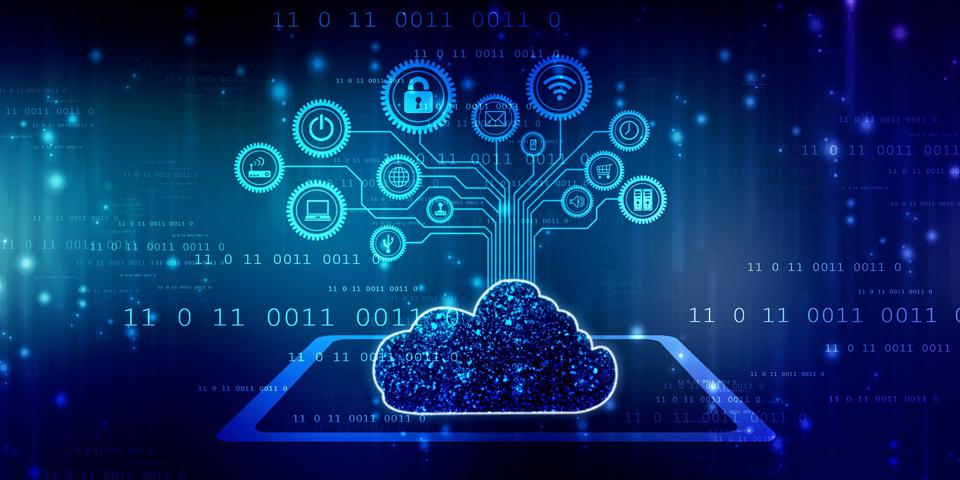Artificial intelligence or ‘AI’ is a growing catch cry. For the average person, the mention of artificial intelligence conjures images of robotic dogs and cybernetic organisms.
While the phenomenon of AI is driving advances in robotics, the broader reality is that it impacts almost every industry and will play an intrinsic role in the future development of those industries. It will remain a key driver of broad-scale technological innovation in the near future.

It started in the cloud
The rise of artificial intelligence is intimately interconnected with the development of cloud-based technology. When blended together, they have been responsible for the recent rise in smart digital assistants like Amazon’s Alexa and Google Home. The seamless interaction of cloud technology and AI has perhaps represented the tip of the spear in bringing digital assistants into the home or workplace to interact and perform a steadily increasing range of basic functions.
This intuitive merging of two spheres of technology results in an interactive, intuitive experience when the end-user interfaces with it.
There are, of course, far broader implications for this pairing of technologies, and cloud computing by itself has seen a penetration into almost every aspect of business activity, to the degree that specialist training courses such as aws cloud certification have been developed to train specialists in this technological stream.
By logical extension, the merger of AI with this cloud technology has the potential to affect our private and working lives in almost every imaginable way.
AI and the self-managing cloud
The uptake of cloud technology and cloud hosting services has been broad and far-reaching, with almost 70% of businesses reportedly interacting with cloud technology to varying degrees.
It has been ventured that artificial intelligence will steadily take over more routine IT functions with private and public clouds, meaning that repetitive and predictive tasks will potentially be performed by an AI function rather than a human operator.
This means that an AI monitoring function will monitor and manage basic functions, giving rise to a virtually self-managing, self-healing cloud. This would free up IT operators to deal with higher-level tasks and overriding strategies.
The machine learning function of AI means that a system will become more efficient over time, as it deals with new scenarios and develops greater efficiencies based on what it has learned from these experiences.
The importance of AI
AI is at the heart of computer learning, and this holds the key to its vital importance into the foreseeable future. The ability of computers to network, coupled with their ability to process massive streams of data, potentially leads to a capability to make best-case decisions and significant discoveries and developments in a fraction of the time that dedicated groups of humans could.
This will see AI playing a significant role in such things as medical breakthroughs in medical procedures and cures. It holds potential benefits for space exploration and research of significant environmental issues like climate change.
Perhaps it all sounds like a script from the Terminator, but AI and the rise of machines is set to impact virtually every aspect of daily life.